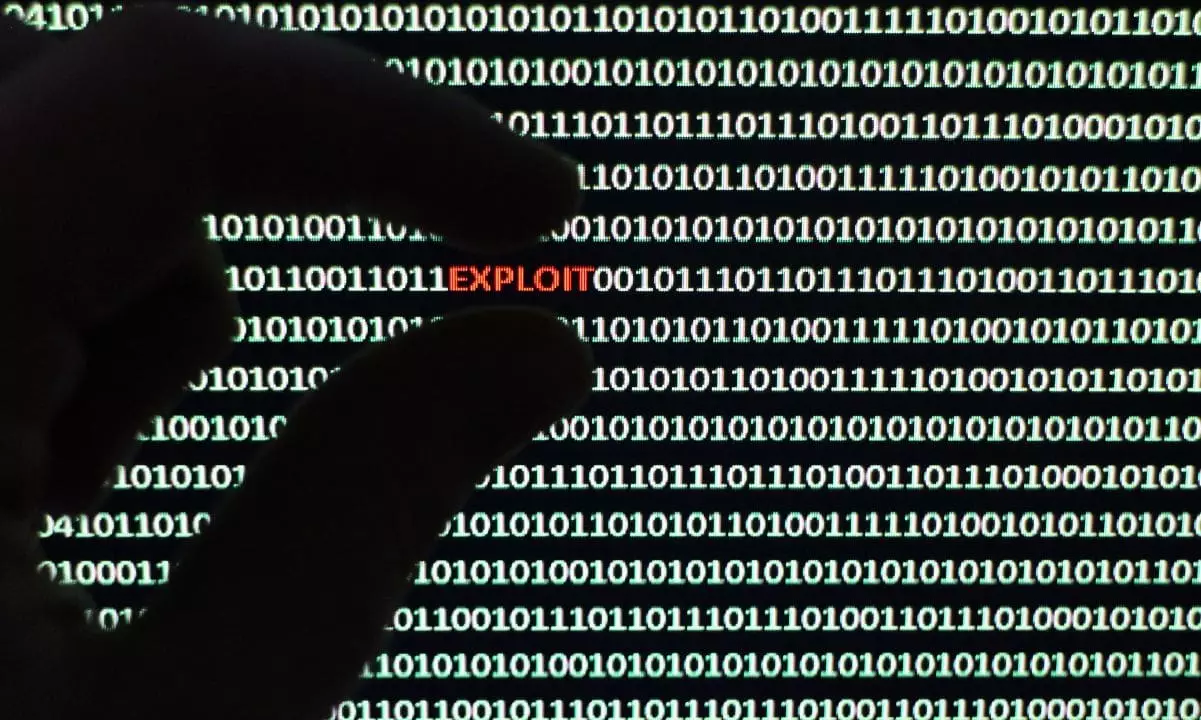On December 1, 2023, at 4 AM UTC, Clipper, a decentralized exchange (DEX) operating on the Optimism and Base blockchains, suffered a significant security breach that highlights the ongoing vulnerabilities within the decentralized finance (DeFi) landscape. First reported by Chaofan Shou, a co-founder of the cybersecurity firm Fuzzland, the exploit seemed to stem from a private key leak, which purportedly allowed an attacker to manipulate liquidity pools and conduct unauthorized transactions. Despite this initial analysis, Clipper was quick to counter these claims, emphasizing their security design, specifically crafted to preempt such breaches.
The incident eventually led to a loss close to $450,000, approximately 6% of the DEX’s total value locked (TVL), raising alarms across the DeFi community about the stability of smart contract protocols. More troubling was the attacker’s attempt to target additional chains, which, while thwarted, underscored the potential for broader implications within the ecosystem.
In the wake of the exploit, Clipper took immediate steps to protect user assets. They paused all swaps and deposits across their platforms while allowing withdrawals—a situation emblematic of their noncustodial framework. This approach ensures that users maintain control over their assets, even amid security threats. Nevertheless, the method of withdrawal underwent a temporary alteration: users must now withdraw a mix of pooled assets, a direct response to the exploited feature that allowed for the withdrawal of single tokens.
This precautionary measure, while essential for immediate safety, raises questions about user experience and accessibility. Customers may find the new withdrawal process cumbersome, especially inexperienced users who are less familiar with DeFi mechanics.
Acknowledging confusion and speculation regarding the exploit’s origin, Clipper’s team has made it clear that a private key leak was not to blame. Instead, they are collaborating with cybersecurity experts to dig deeper into the attack’s nature, reinforcing their commitment to improving the platform’s security modules. Moreover, Clipper has actively initiated efforts to trace the stolen funds and recover them, appealing to the exploiter for dialogue, showcasing its dedication to transparency.
The recent Immunefi report indicating that hacks accounted for an astonishing 99.96% of all crypto losses in November serves as a sobering reminder of the security challenges facing the industry. The DEX sector, in particular, is vulnerable, having absorbed $71 million in losses — a significant drop from previous months but sufficient to cast a long shadow on the overall health of DeFi operations.
The Clipper incident acts as a stark reminder of the risks inherent in decentralized finance platforms. While immediate actions were taken to protect user funds, the need for robust security mechanisms remains pressing. As the DeFi landscape continues to evolve, the resilience and adaptability of platforms like Clipper will be put to the test. Stakeholders must prioritize transparency and security innovations to restore and retain user trust in an increasingly complex and scrutinized financial ecosystem. These events underline not only the technical challenges but also the broader implications on community confidence, as the DeFi sector aims to build a safer and more reliable future for its users.















Leave a Reply